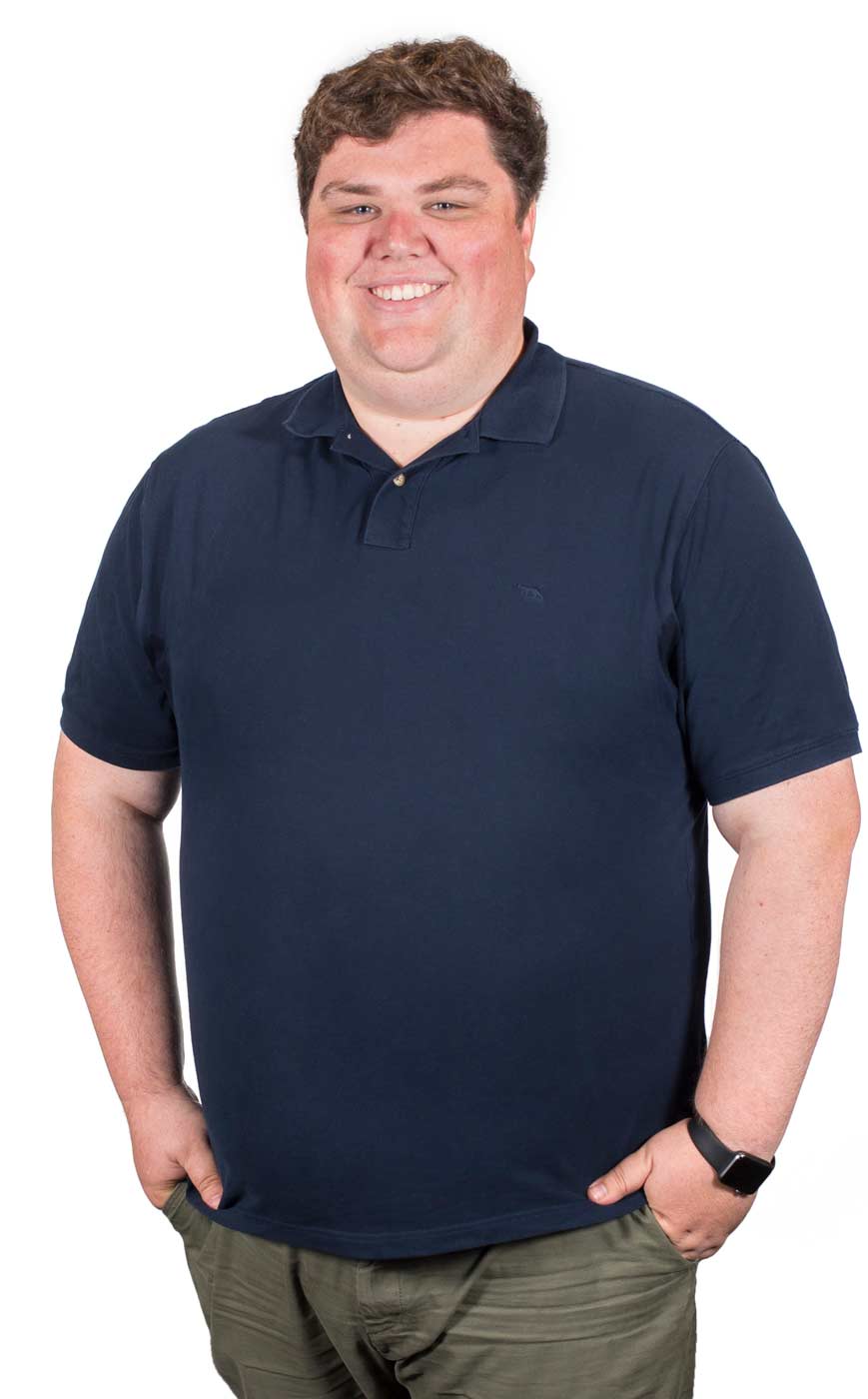family background / Bruno is the third generation of Waimea Nurseries and has been elected to the International New Varieties Network. Bruno is the son of Mike Simpson and Angela Donaldson.
grower / Nelson, New Zealand
age / 26
crops / Apples, pears, kiwifruit
business / Waimea Nurseries, Waimea Variety Management
 How did you get your start?
How did you get your start?
Some of my early memories are of working in the propagation department when I was younger.
Growing up in the business afforded me a lot of opportunities to go in depth about what we do. I was involved from a young age in the dinner table talk about the world we operate in.
Then, when I was about 13 or 14, I got interested in the business side — working in different parts of the company during my summers. When I went away to university, I focused on accounting and business law, not a particularly scientific path of study.
What about after college?
In my case, I feel there was a strong sense of obligation to come back to the business. I always wanted to come back, but I didn’t expect to slot into a position working with the long-term relationships our business depends on.
That has led to me taking a role within the international community that our nursery operates in, eventually leading to me being elected to the International New Varieties Network. That group is a network of global nurseries, variety managers and integrated fruit businesses that focus on cooperating on new varieties.
That international focus has really opened up the world of fruit, with a particular focus on apples, to me. I’m fortunate to have been able to work in the research-side of the business and new variety development as well.
That’s been one of the most enjoyable parts of my work.
Working with the trial orchards and our partners overseas, like in France for a couple seasons, has been eye opening regarding the international work we do in the nursery industry.
What are your future challenges?
I’m still going through a transition period assuming a larger role at our company. What’s really supported me is the company’s strong focus on governance — we have independent directors who are involved with our business on an advisory capacity.
Starting out, it’s been really important for me to ask those resources to guide me on some of my decisions. There are people in your company that you support along with others in the industry and greater community. Managing people is one of the hardest things that you can be expected to do.
I’m still coming to grips with that role. One of the biggest things I’ve learned is finding people you can trust to have conversations that enable you to get to the crux of whatever you’re trying to solve.
When you’re young, you just don’t know everything. You’re going to make mistakes — there’s no doubt about that — and what you need is a strong support network to help you move through.
What’s the future of nurseries?
I believe the role of the nursery has changed over the years. It used to be a lead innovator in new varieties. But what’s changing is how we fit into a new innovation system — a new global supply chain that sees us less as a hub of innovation, but more of a service provider to genetics owners who need to rapidly get plants out to growers with particular needs.
Our biggest challenge as a nursery is understanding our clients are more broadly specialized, using certain varieties and growing systems, from growers who want big plants with as many branches as possible to growers who want a rootstock with a bud on it.
All the while, we must deliver a standardized tree to ensure we can provide it cost effectively. We’ve got a role to service everyone, because the industry is going to need all of those forms to continue to grow and develop.
What do you see as the focus of your job?
We’re farmers. We farm trees, instead of fruit.
What I’ve found fascinating is working with all of the incredible horticultural businesses that deal with multiple challenges.
Every day is different — going from beautiful sunny weather to a cyclone that can destroy your crop to an outbreak of fire blight.
There are unique challenges to farming, and I don’t think everyone has the stomach for it. What I think is particularly awesome about farming and horticulture is how the industry fundamentally questions how and why we do things the way we do.
There’s so much opportunity to improve what we are doing now. Horticulture is a great space to operate in. There’s something really great about providing an inherently good product to the world.
It’s not a manufactured product; it’s a grown product. Feeding the planet is wonderful thing to be doing.
– by TJ Mullinax






Leave A Comment